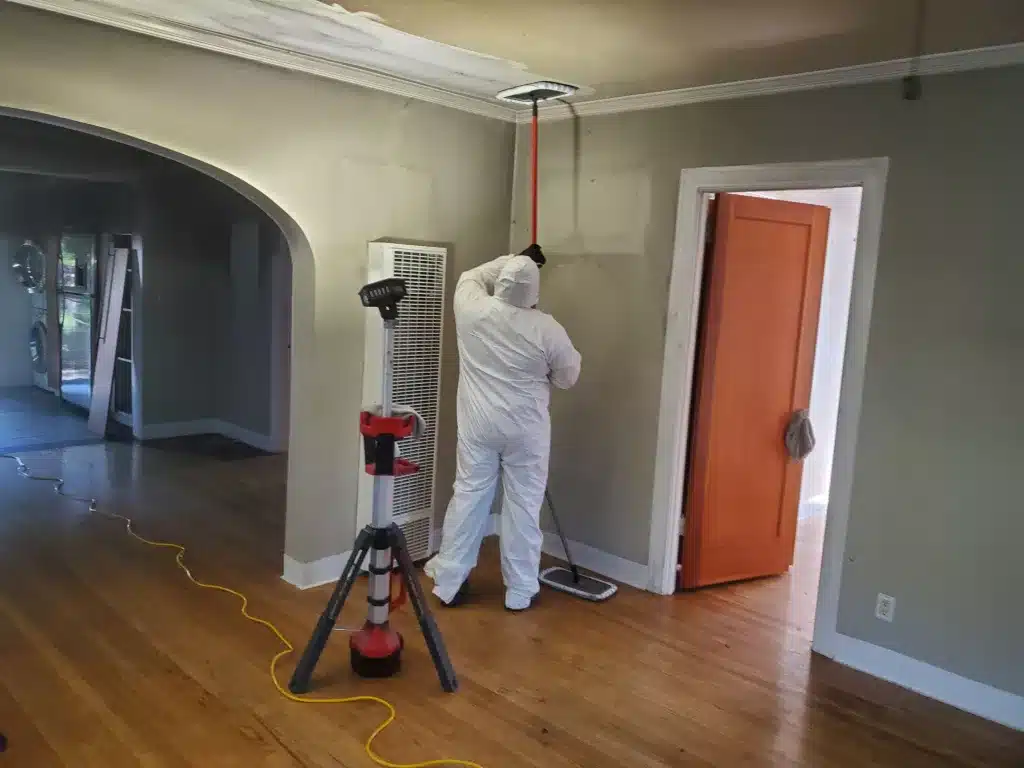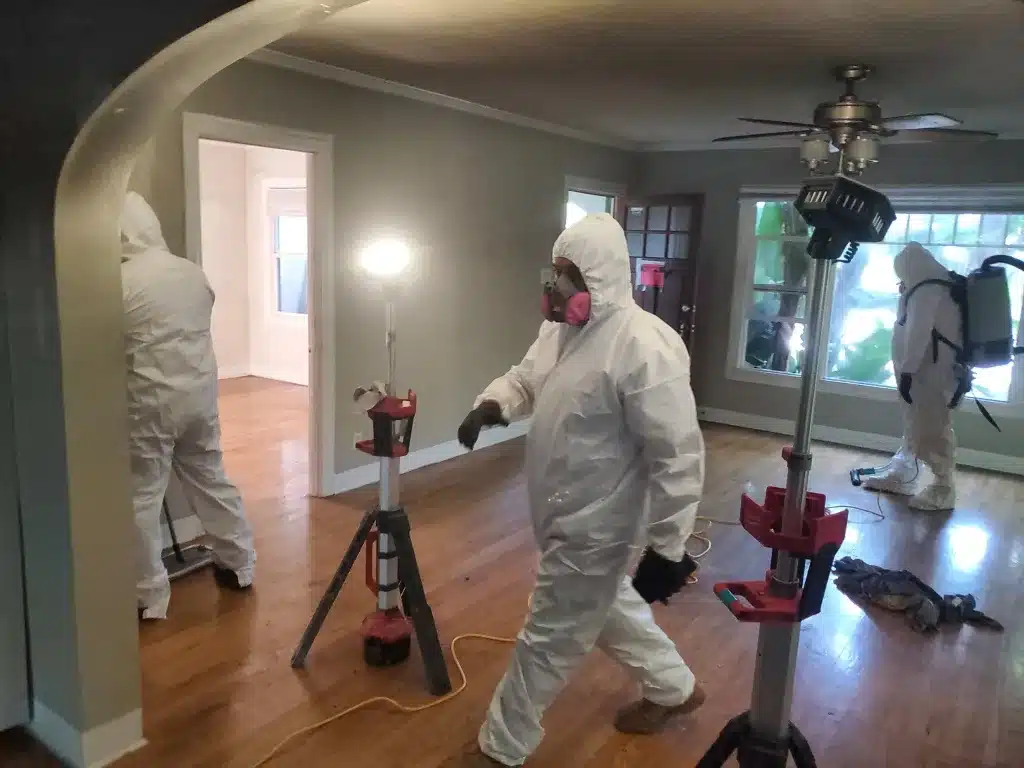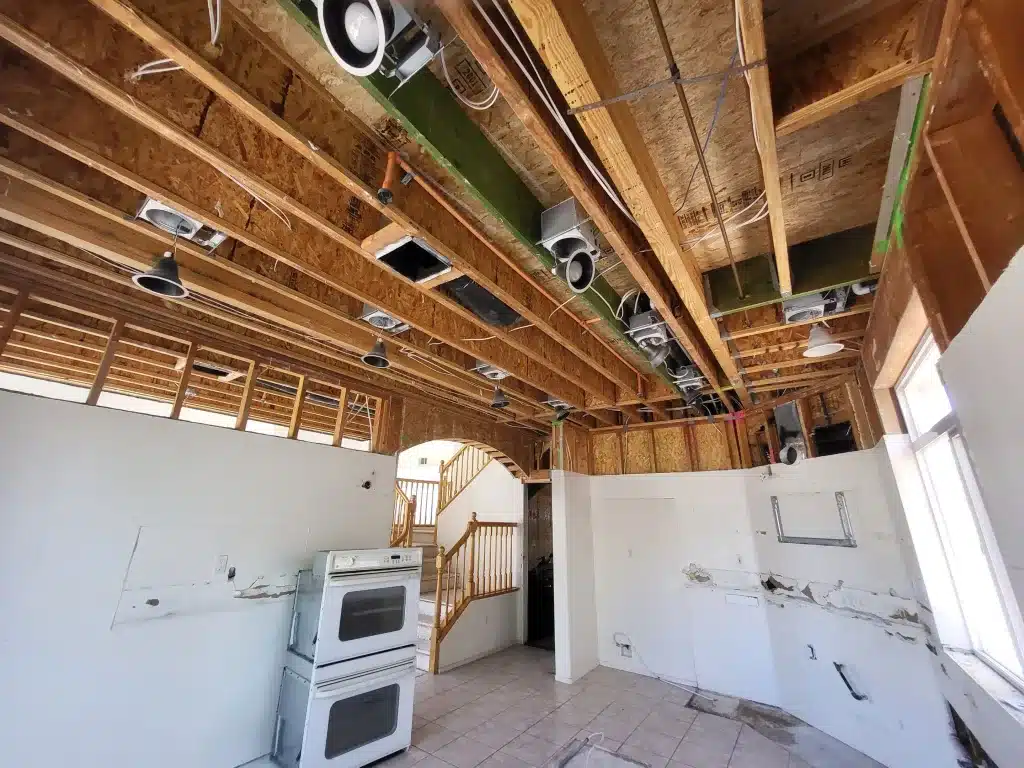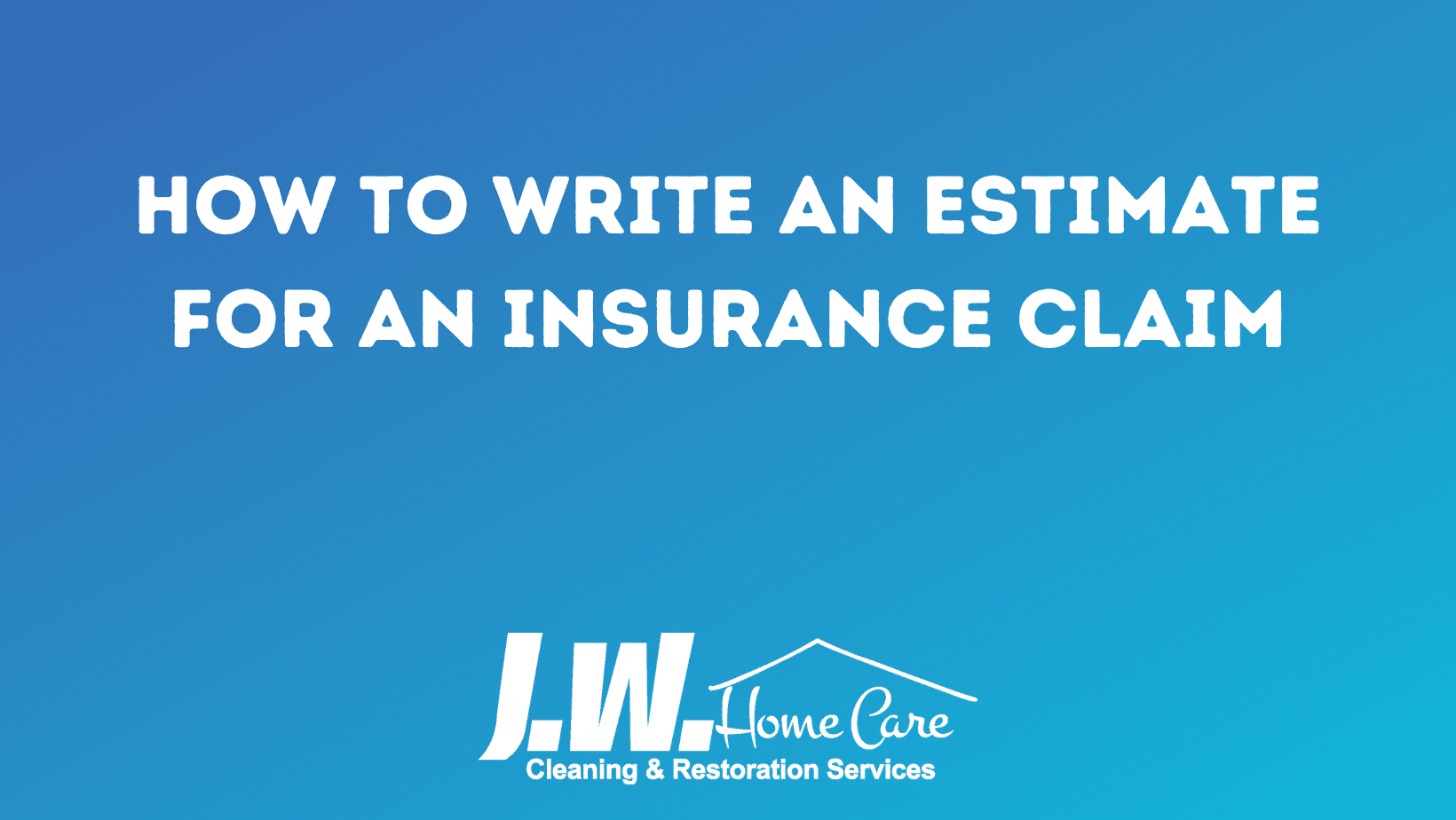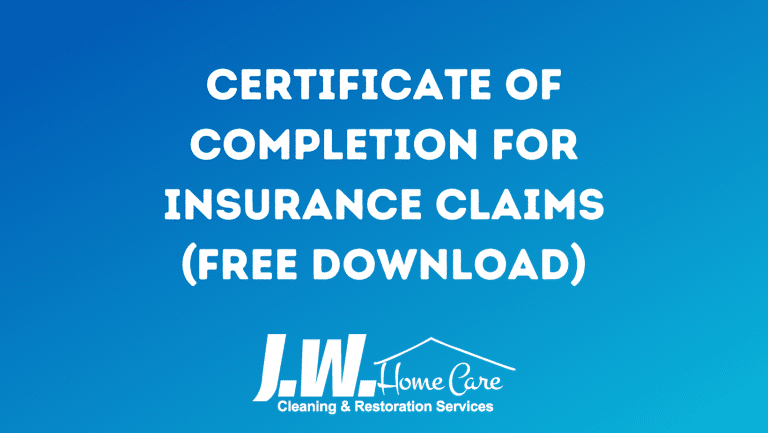How to Write an Estimate for an Insurance Claim
How to Write an Estimate for an Insurance Claim
When your home suffers damage—whether from a storm, fire, or water leak—dealing with the insurance process can feel overwhelming. One of the key parts of getting your claim approved is submitting an accurate estimate. But don’t worry, We are going to walk you through how to write an estimate for an insurance claim so you can understand the process and feel confident.
1. Start with a Full Inspection of the Damage
The first step is to carefully inspect your property and understand the damage. Whether it’s water damage in your walls or a broken window from a storm, make sure to take your time here. You’ll want to document everything because insurance companies need to know exactly what happened. This documentation is crucial when you write an estimate for the insurance claim.
Pro tip: Take photos or videos of the damage before any repairs. It’s much easier to explain the situation when you have visual proof.
2. Break Down the Costs Of Your Estimate For The Insurance Claim
Once you know what’s damaged, it’s time to list out all the costs. This means you’ll include not only materials and labor for repairs but also any cleanup costs and necessary temporary fixes (like boarding up a broken window). Be as specific as possible—insurance companies like details. When you break down costs, remember to think about how you’ll present this in the estimate for the insurance claim.
For example, if you’re fixing a water-damaged floor, you’d want to break down the estimate like this:
- Removal of damaged flooring
- Cost of new flooring material
- Labor costs for installation
- Disposal of old materials
This kind of detail shows the insurance company you’ve thought through everything.
3. Use Fair Market Prices
Insurance companies are going to look closely at the costs you include in your estimate. Make sure you’re using fair market prices for materials and labor in your area. You don’t want to underprice and end up paying more out of pocket, but you also don’t want to overprice and risk the insurance company denying part of the claim. Knowing fair market prices is key to write an effective insurance claim estimate.
4. Get Quotes from Professionals
If you’re not sure how much something will cost, reach out to local contractors or companies for quotes. Having an actual estimate from a professional can give your insurance claim more credibility and help avoid delays in the process. Professional quotes will strengthen your credibility when you put together an estimate for an insurance claim.
5. Include Any Permits or Additional Fees
Sometimes, repairs require permits or extra fees (like if you need to hire a specialized contractor). Be sure to include these in your estimate. You don’t want to be caught off guard later by costs that could have been covered by your insurance. Ensuring all permits and fees are covered will make your insurance claim estimate more comprehensive.
6. Present the Estimate for an Insurance Claim In A Clear Format
Finally, make sure your estimate is easy to read and organized. List each part of the repair separately, with a description and cost for each item. This helps the insurance adjuster process your claim faster and shows you’ve done your homework. A clear format is critical to write a strong estimate for an insurance claim.
Closing Thoughts On How To Write an Estimate For an Insurance Claim
Writing an estimate for an insurance claim may seem complicated, but by following these steps, you can help ensure that you get the right amount of coverage to repair your home. Remember, it’s all about being thorough and accurate. If you’re ever unsure, don’t hesitate to reach out to a professional like JW Home Care to help guide you through the process!
